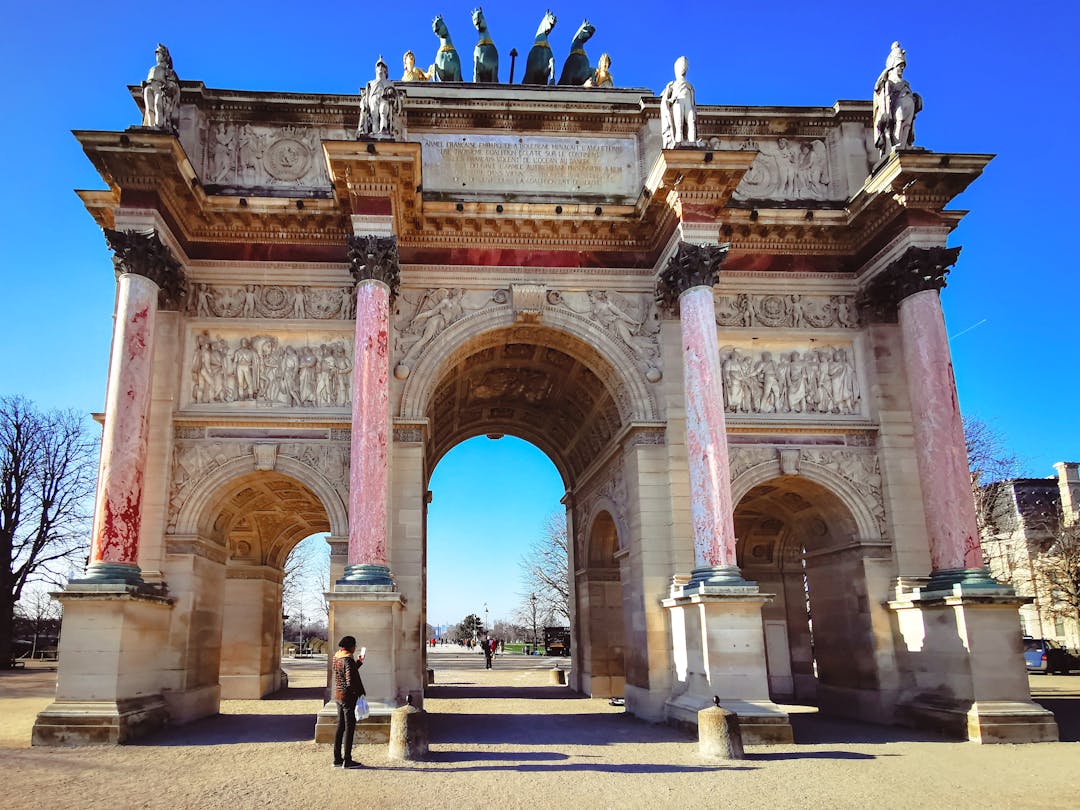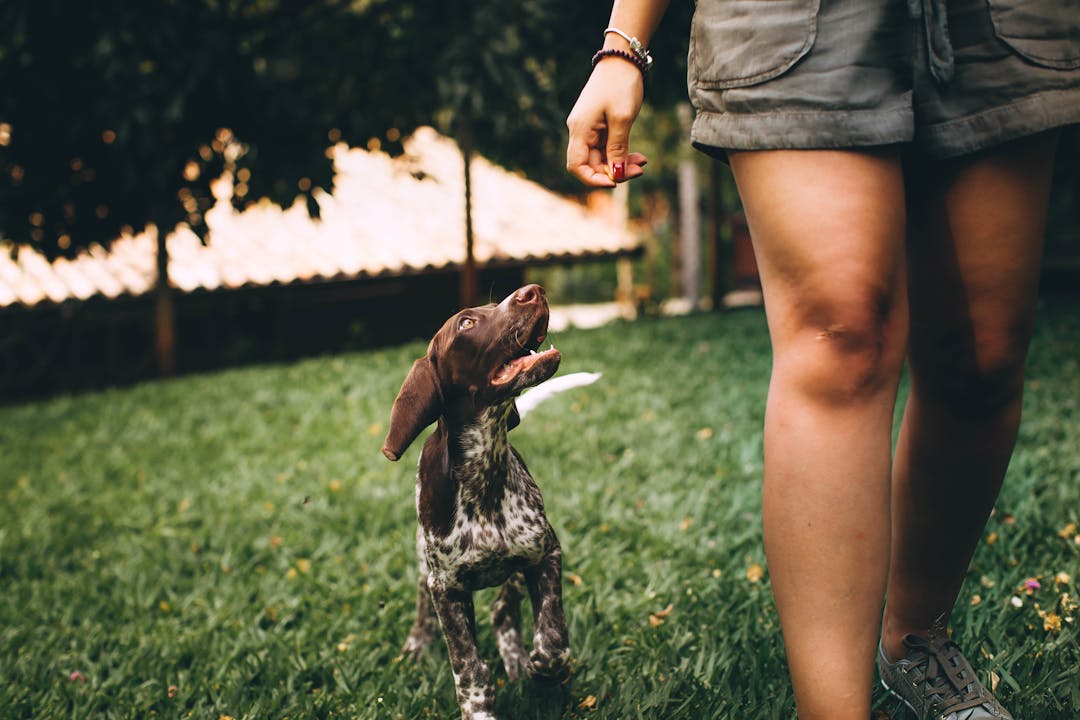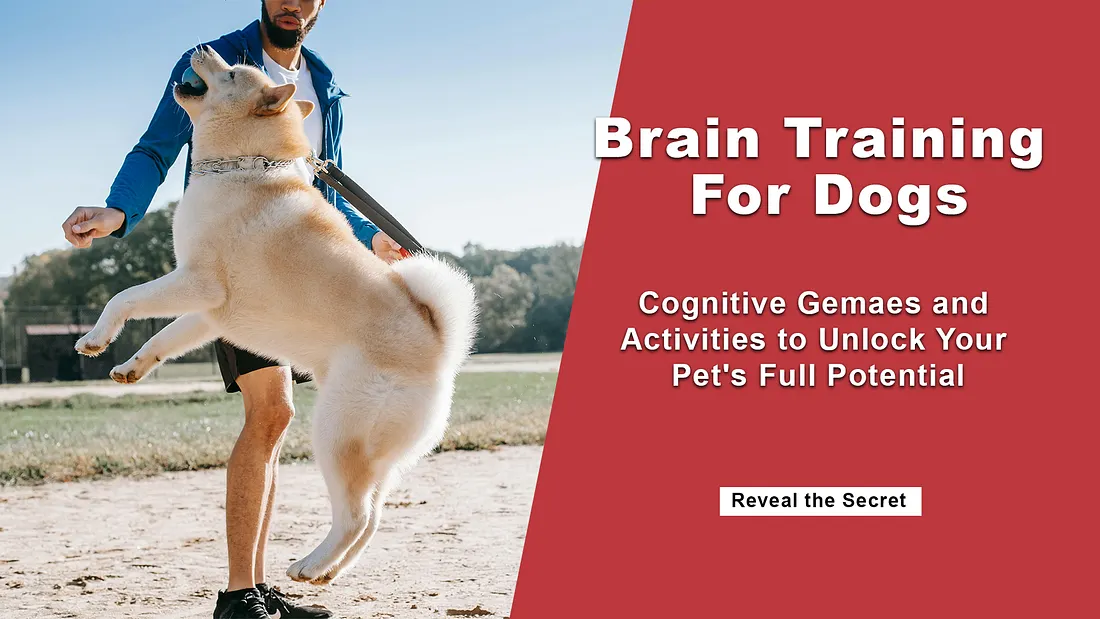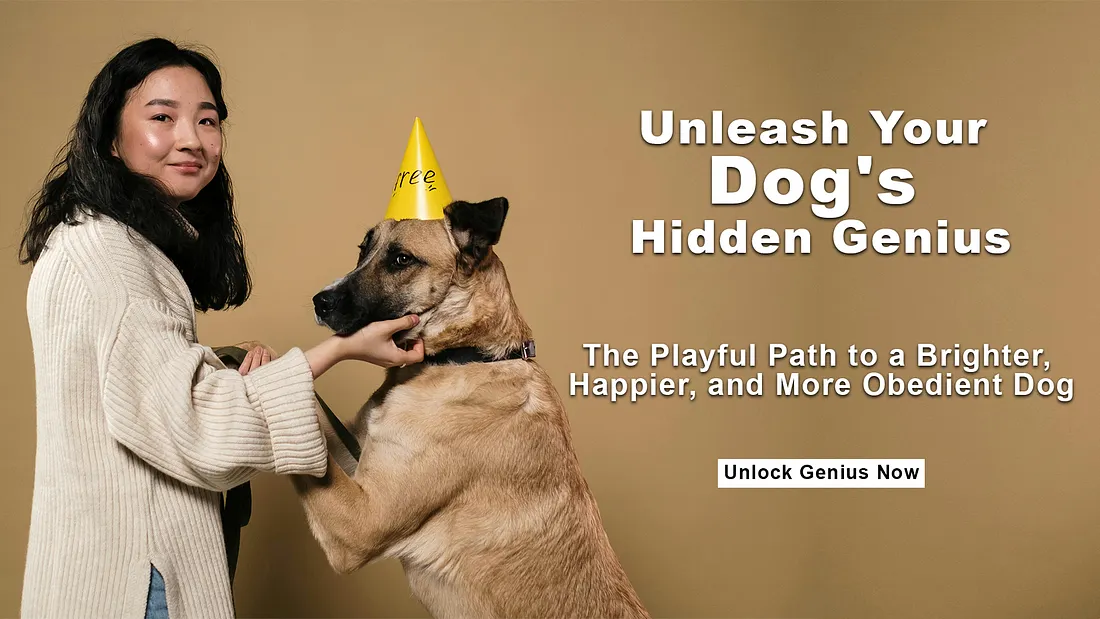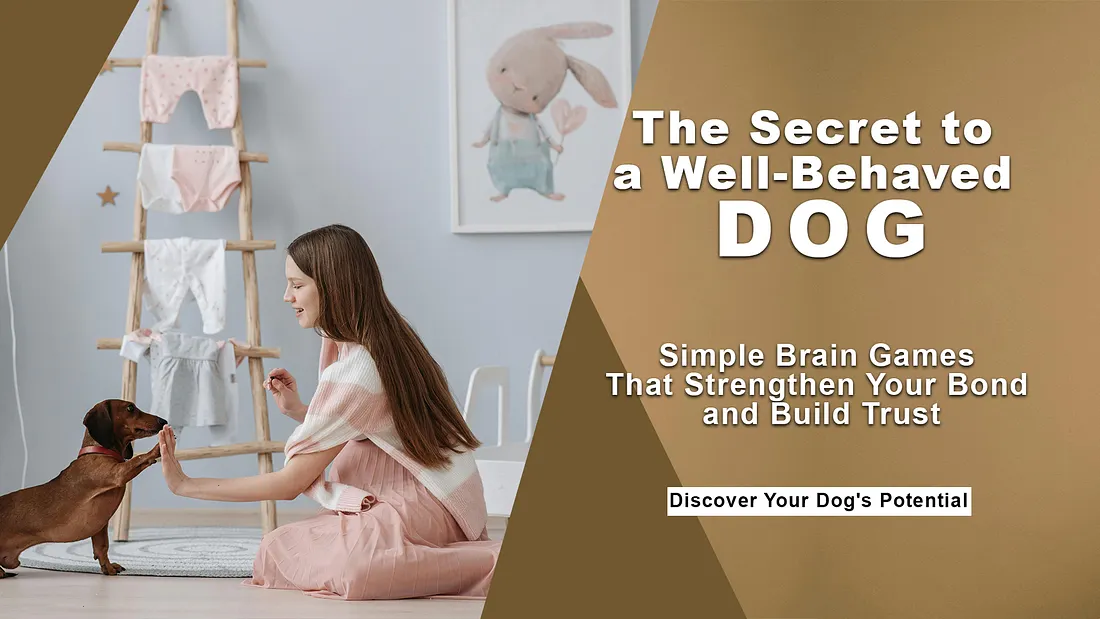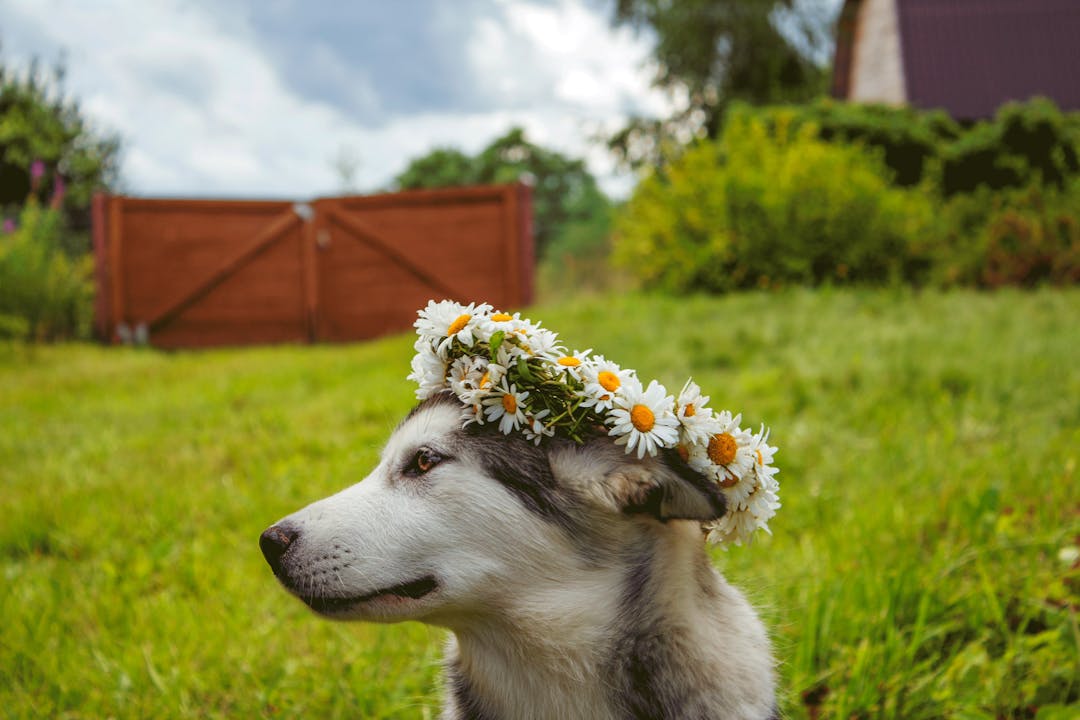Make Training Time Fun : Find a Dog Trainer Near You Now!
Fix Your Dog’s Undesirable Habits with Engaging Games
Those frustrating behaviors we often see – lunging at guests, barking excessively, tugging on the leash, you name it – often stem from not getting enough exercise, boredom, or a misunderstanding of what you expect. Positive training can change that!
- Energetic Greeter? Turn fetch into a jumping redirect.
- When guests arrive, right as your dog starts to get excited, have them grab their favorite ball or squeaky toy.
- Praise them when they return and let your guest give them some love!
Dog Training Classes Near Me: Is your pup more “ruff” around the edges than refined? Are you craving a better-behaved canine companion? The right dog trainer can make all the difference! Let’s break down how to discover the best dog training resources in your local area. Here we will discuss all the keywords like Dog Training Toys and Dog Behavior For Kids.
Why Dog Training Matters: Safety, Behavior, and Bonding
Dog training isn’t just about fancy tricks. It’s about improving your dog’s behavior :
- Deeper Bond: Working together creates trust and enhances your relationship with your dog.
- Safer Dog: A well-trained dog is less likely to run off, engage in conflict, or show harmful behaviors.
- Happier Household: Training helps with challenges like constant barking, digging, and housebreaking woes.
Types of Dog Training Styles
There’s more than one way to teach an old dog new tricks! Here are some common training options:
- Basic training classes: They focus on essential commands like “sit”, “stay”, and “come”, walking politely on a leash, and socialization. They’re great for puppies and dogs new to training.
- Personalized training sessions: These sessions tackle particular behavior problems or advanced training goals.
- Board-and-Train Programs: Your dog stays with a professional trainer for focused training over a few weeks.
- Specialty Training: Options include agility training, nose work, or protection dog training.
Selecting the Right Dog Trainer
Avoid simply selecting the first name you come across online. Inquire about its meaning where it comes from its background :
- Do they focus on rewarding good behavior versus older, punishment-based techniques?
- Certifications: Look for credentials like CPDT-KA, that signal a high level of expertise.
- Can they demonstrate success with your dog’s breed, age, and specific challenges?
- Ask for client references?
Tips for a Well-Behaved, Content, Joyful Dog
Everyone desires a dog that’s well-behaved and by our side. But behind every well-behaved dog isn’t just a series of commands, but also a dog that is mentally engaged, physically active, and deeply connected to its owner.
Finds solutions for all three :
- Dogs, like us, require brain workouts! Interactive play encourages them to find creative solutions. This mental workout helps prevent boredom, which can lead to unwanted behaviors.
- An exercised dog tends to be a good dog. Including physical exercise during your playtime establishes a healthy routine and allows them to release their energy in a controlled setting.
- Nothing strengthens the owner-dog relationship like fun! Playtime encourages positive interactions, develops trust, and helps you understand your dog’s unique quirks and communication style.
Unlock Your Dog’s Hidden Behavior with Exciting Brain Games
The best games tap into your dog’s innate problem-solving skills. Here are a few stimulating brain games to boost your training:
- The “Find It” Game: Hide treats or a favorite toy in simple boxes or under towels. Encourage your dog to use their sniffing skills to locate the prize. Start easy and gradually increase the difficulty as they get the hang of it!
- The Cup Challenge: Perfect for focusing attention and building impulse control. Set up three upside-down cups (non-transparent). Conceal a tasty reward under a single cup, then shuffle them around, encouraging your dog to guess which cup hides the reward.
- Puzzle Toys: Invest in interactive puzzles that require your dog to work for its treats. These mentally engaging toys provide entertainment for your furry friend while improving their reasoning skills.
Struggling with your dog’s barking? This effective course is the solution you need.
The best dog training shouldn’t feel like a chore for either of you. Play-based training changes the whole experience with these key benefits:
- Boosts Motivation: Dogs, similar to children, learn faster when it’s pleasurable!
- Reinforces Recall: Games like fetch or a playful twist on hide-and-seek naturally make your dog want to return to you, building strong recall.
- Builds Confidence: Completing tasks through play, though seemingly simple tasks, builds positive associations and gives your dog a sense of pride.
- Reduces Stress: For both you and your dog! Play is a fantastic stress reliever, and the reward-based approach reduces the frustration that can come with training.
End Battling with Your Dog: Educate Through Play
If the traditional “sit,” “stay,” and “heel” approach leaves you exasperated, it’s time to consider play. Remember, dogs don’t speak our language – they learn through repetition and actions. Games break complex things down into fun steps, helping them have fun and succeed without pressure.
Here’s how to incorporate games into basic training:
- Rather than physically pushing your dog into a seat, simply hold a treat above their head. As they naturally lift their head up to reach it, guide it back so they naturally sit down. Immediately reward them with praise! Now, you can introduce the word “sit” as the action happens. Try a similar approach by lifting a paw for “shake.”
- Rather than teaching rigid stillness, turn “stay” into an active game. Have your dog stay in a sit for a brief moment, then toss a toy a short distance. Release them with an enthusiastic “go get it!” and reward them for returning instead of chasing the toy endlessly. Gradually increase the duration of the “stay”.
- Instead of fighting the leash, turn your walk into a playful “follow the leader”. Change speeds suddenly, walk in circles, and switch directions without warning. Reward your dog for staying close to you. Add in a verbal “heel” cue as they follow your lead.
Dog Training Classes Near Me
Do you want a smarter, healthier, well-trained dog?
Achieving a perfectly behaved dog does not come with a magic pill. However, consistently making time for engaging, fun-filled training sessions is as close as it gets. You’ll notice the benefits extend beyond just the specific commands you teach.:
- Enhanced Problem-Solving Skills: Mentally challenged dogs become better problem solvers even outside the context of training. This makes them less likely to get into trouble out of boredom!
- A Boost in Self-Esteem: A dog who knows playful “tricks” and succeeds at training games feels more confident in their own abilities and their bond with their owner.
- Improved Physical Health: Active play is essential for keeping a dog at a healthy weight and helps alleviate joint pain and other ailments associated with a lack of exercise.
- Decreased Anxiety: A well-exercised, mentally stimulated dog is less prone to anxiety and destructive behaviors caused by stress.
An Unexpected Method to Build a Deeper Connection with Your Dog
A key time you dedicate to playful training isn’t just about the results; it’s an investment in the heart of your bond – your relationship. Dogs thrive on positive attention and shared experiences. Play checks both boxes and makes you your dog’s favorite source of fun.
- Learn Your Dog’s Language: By playing, you will better understand their likes, dislikes, and how they communicate.
- Could a tail wag with a tucked rear indicate nervousness instead of pure joy? Play gives you a window into their world.
- Build a Stronger Bond: Play-based training eliminates harsh corrections and emphasizes positive reinforcement. Your dog will see you as a source of joy, not just an authority figure.
Red Flags to Watch Out For
- Trainers who promise instant fixes
- Those who focus heavily on punishment
- Anyone who prohibits you from attend a session
- Trainers who insist on high-priced plans upfront
Local Dog Behavior modification Resources
- Consult with your pet’s doctor: They might have excellent suggestions.
- Visit local pet stores or animal shelters: Some offer classes or can refer you to trainers.
- Perform a web search: Look for “[your neighborhood] dog trainers”. Check out reviews on Google, Yelp, or similar sites.
- Become a member of dog groups in your area: You can connect with other dog owners on social media or Meetup.com for trainer suggestions.
Keywords: Dog Training Toys, Dog Training Classes Near Me, and Dog Behavior For Kids. Your location is near Chicago, Illinois, Cook, 60625.
Let the good times begin!
Remember, play-based training is all about being flexible and having as much fun as your dog! Let your creativity run wild, make things silly, and celebrate all the little victories along the way. You might even find yourself rediscovering the pure delight of being a dog owner as your loyal companion blossoms into their most joyful and best-behaved self.
